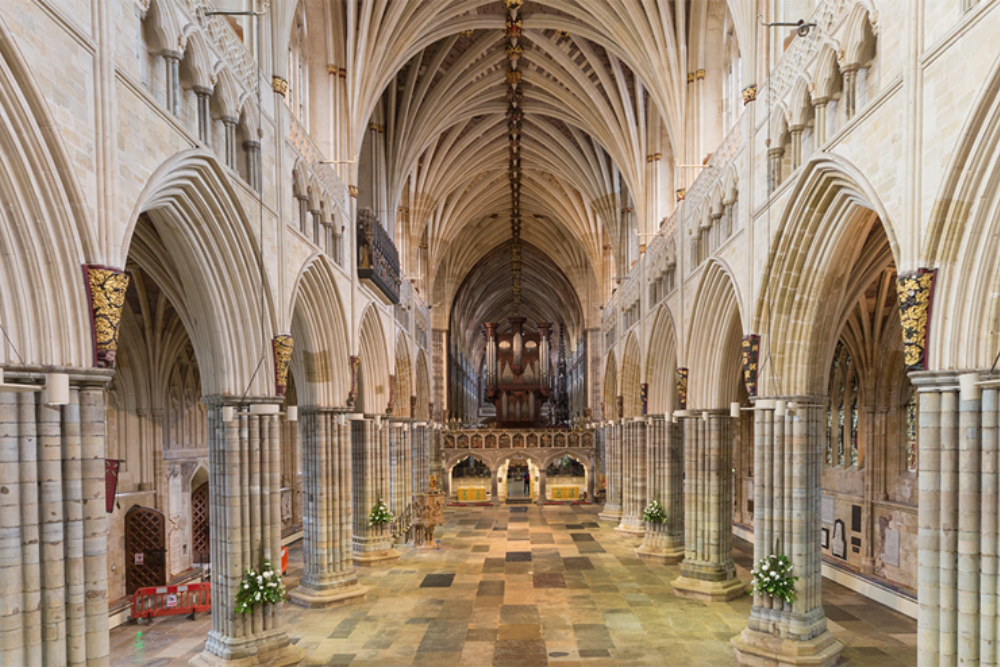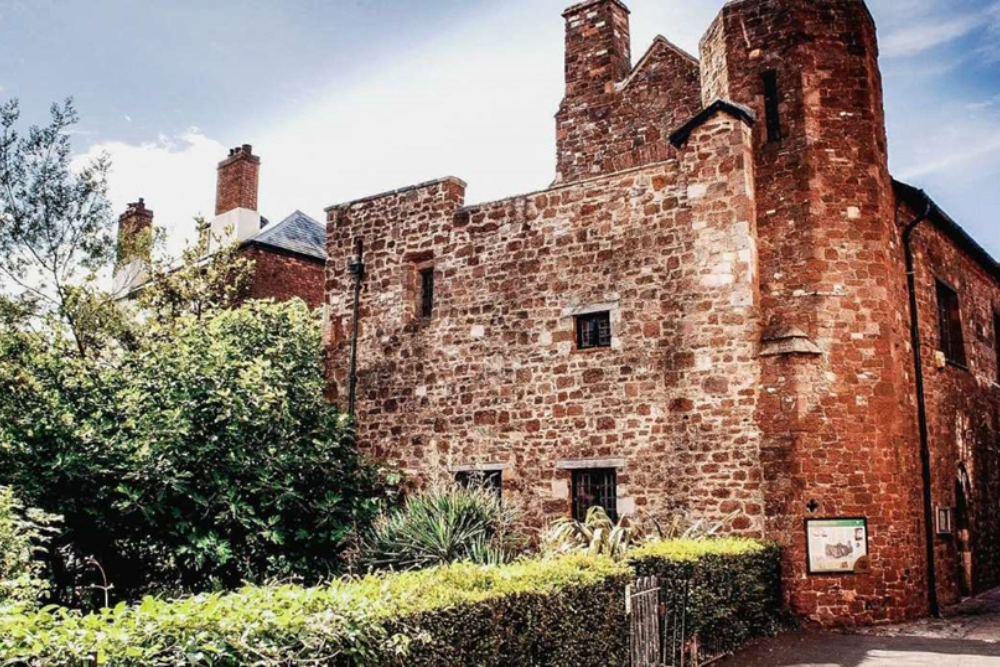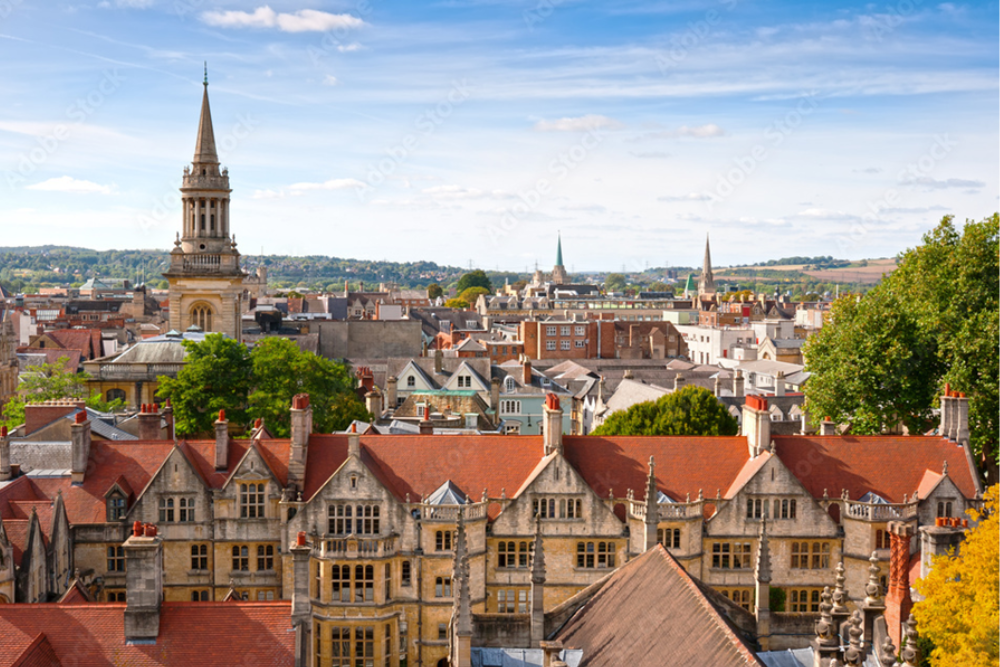Introduction
Exeter is a vibrant, historic city in the southwest of England, known for its rich Roman history, stunning architecture, and lively cultural scene. The city is dominated by the magnificent Exeter Cathedral, a striking example of Gothic architecture with impressive stained glass windows. Exeter also boasts a fascinating past, reflected in sites like Rougemont Castle and the ancient Roman Wall. It’s a city that blends the old and the new, with charming cobbled streets like Gandy Street, a range of independent shops, and a growing food scene. Situated on the River Exe, the city offers plenty of outdoor activities, including scenic walks along the river and nearby countryside. With its universities, thriving arts scene, and strong local community, Exeter provides a perfect mix of history, culture, and modern living.
Exeter Quayside

- The Quayside is a lively region loaded up with outside exercises. You can lease kayaks, paddleboards, or go on a beautiful boat outing along the Stream Exe. It’s an incredible spot for watersports fans and those needing to investigate Exeter from the water.
Hiking on Haldon Hill

- Found right external the city, Haldon Slope offers awesome all encompassing perspectives over Exeter and the encompassing open country. There are different paths for various wellness levels, and you can appreciate both delicate strolls and additional difficult climbs.
Go Ape at Haldon Forest Park

- For an exhilarating treetop experience, make a beeline for Haldon Timberland Park and experience the Flip out treetop course. It highlights zip lines, rope spans, and exciting impediments set high in the trees, making it ideal for adrenaline searchers.
Cycle the Exe Estuary Trail

- The Exe Estuary Trail is a 26-mile course around the Exe Estuary, ideal for cycling fans. The level, all around kept up with way offers beautiful perspectives on the estuary and the encompassing open country, going through curious towns and nature saves.
Rock Climbing at Dartmoor

- Dartmoor, found right beyond Exeter, is known for its stone peaks and tough scenes, making it an amazing objective for rock climbing and bouldering. The region offers a scope of climbing courses for the two novices and experienced climbers.
Exeter Cathedral

- Quite possibly of the most great Gothic house of God in the UK, Exeter Church is an unquestionable necessity for its shocking design, unpredictable stained glass windows, and peaceful environment. Climbing the pinnacle offers all encompassing perspectives on the city and then some.
Royal Albert Memorial Museum & Art Gallery

- For a portion of culture, the Illustrious Albert Remembrance Gallery offers a captivating assortment of curios, including archeological finds, normal history displays, and craftsmanship. It’s a fabulous spot to more deeply study Exeter’s set of experiences and legacy.
St Nicholas Priory

- A noteworthy middle age building, St Nicholas Cloister is one of the most established in Exeter and is perfectly saved. You can investigate its rooms and find out about the religious history of the city.
Do and Don’ts in Exeter
While visiting Exeter, it’s useful to remember a couple of customs to guarantee a charming and deferential experience. Here is a manual for capitalizing on your time in this enchanting city:
Dos
- Do Explore the Historic Sites: Exeter is saturated with history, so try to visit places like Exeter House of prayer, Rougemont Palace, and the Underground Entries to encounter the city’s rich legacy.
- Do Enjoy the Outdoors: Whether it’s climbing on Haldon Slope, investigating Dartmoor Public Park, or strolling along the Exe Estuary Trail, Exeter is encircled by dazzling normal magnificence that is best investigated by walking or by bicycle.
- Do Visit Exeter’s Museums: The Illustrious Albert Commemoration Exhibition hall and Kents Cave offer intriguing experiences into the city’s past, including ancient times and old developments.
Don’ts
- Don’t Litter: Keep the city clean by discarding rubbish appropriately. Exeter is known for its wonderful parks and roads, and regarding these spaces keeps up with the city’s appeal.
- Don’t Rush Through the City: Exeter is a city to be relished. Try not to hurry through it without requiring the investment to investigate the memorable roads, curious bistros, and beautiful spots.
- Don’t Forget to Book in Advance During Peak Seasons: Assuming you’re visiting throughout the mid year or occasion periods, convenience and famous attractions can top off rapidly, so consistently book ahead to keep away from dissatisfaction.
Best time to reach in Exeter
The best opportunity to visit Exeter relies upon the sort of involvement you’re searching for, yet here’s a breakdown of the seasons:
- Spring (March to May):
- Spring is one of the most wonderful times to visit Exeter. The weather conditions begins to heat up, and the city’s parks and gardens become fully awake with blossoms. It’s an extraordinary time for open air exercises like strolling and climbing in Haldon Backwoods or Dartmoor Public Park.
- Summer (June to August):
- Summer brings hotter climate, making it ideal for open air experiences like cycling along the Exe Estuary Trail or going on a boat outing on the Stream Exe. The city’s celebrations, outside occasions, and celebrations like Exeter’s Mid year Celebration add a dynamic social touch.
- Autumn (September to November):
- Early fall offers gentle temperatures and lovely harvest time foliage, particularly in normal regions like Dartmoor. The fall months likewise bring less groups, so you can investigate at a more loosened up pace.
- Winter (December to February):
- Winter in Exeter is calmer, causing it an optimal time for the people who to like to investigate without the groups. Exeter Basilica and other verifiable locales are wonderful when improved for these special seasons. While it very well may be chilly, it’s additionally a potential chance to appreciate indoor exercises, comfortable bars, and winter occasions.












